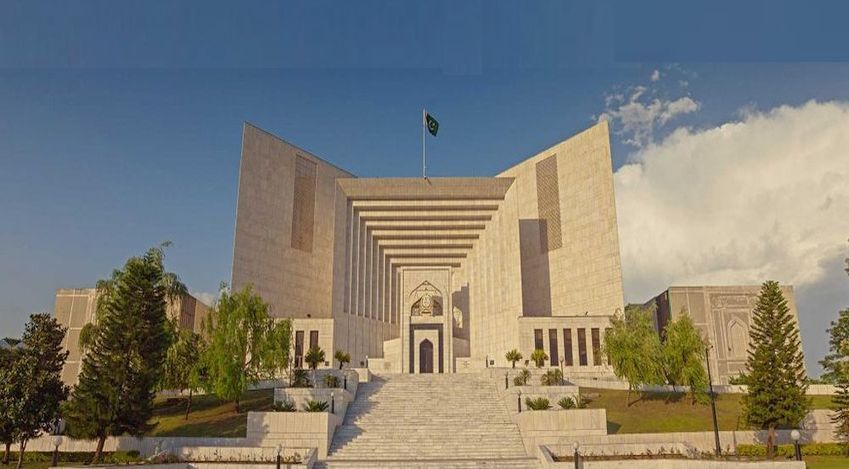The Inter-Company Transfers without Monetary Consideration do not qualify as Taxable Sales under the ITO 2001 --- Supreme Court of Pakistan
Islamabad 19-02-2025: In a landmark judgment, the Supreme Court of Pakistan has dismissed an appeal filed by the Commissioner Inland Revenue, Lahore, ruling that inter-company transfers of raw materials without monetary consideration do not qualify as “sales” for tax purposes.
The case, [C.P.L.A.1369-L/2022], arose from a dispute between M/s Azam Textile Mills Limited and the tax authorities over whether raw material transfers between the company and its associated entity, M/s Saritow Spinning Mills Limited, should be treated as taxable sales under Section 153 of the Income Tax Ordinance, 2001.
The Revenue Department, relying on an amended assessment order under Section 122(1) of the Ordinance, had argued that the transfers constituted “sales” and were thus subject to tax. This position was initially upheld by the Commissioner (Appeals) but was later overturned by the Appellate Tribunal Inland Revenue (ATIR), which ruled in favor of the taxpayer. The Lahore High Court also dismissed the Revenue’s position, prompting the tax department to seek leave to appeal before the Supreme Court of Pakistan.
During the proceedings, the Supreme Court of Pakistan Mr. Justice Munib Akhtar, Mr. Justice Athar Minallah, and Mr. Justice Shahid Waheed scrutinized the Revenue’s interpretation of the term “sale” and emphasized that a valid sale requires monetary consideration, as defined under the Sale of Goods Act, 1930, and the Income Tax Ordinance, 2001.
The Supreme Court of Pakistan upheld the Lahore High Court’s findings, ruling that:
- The Court reaffirmed that a “sale” under Section 4 of the Sale of Goods Act, 1930 involves the transfer of ownership in exchange for money.
- Since no actual payment was made in these transactions, the tax obligation under Section 153(7)(iii) of the Income Tax Ordinance, 2001, did not arise.
- The Revenue’s argument that the transactions were taxable merely because they were recorded in financial ledgers was dismissed as speculative.
- The Court ruled that tax assessments must be based on substantive evidence, not conjecture.
- The Supreme Court of Pakistan agreed with the taxpayer’s position that the group’s purchasing structure involved centralized bulk buying and internal allocations, not independent sales.
- The Court held that the tax authorities failed to substantiate their claim with tangible evidence, making their case unsustainable.
- The Court reiterated that tax statutes must be interpreted strictly, with any ambiguity favoring the taxpayer.
Concluding its ruling, the Supreme Court of Pakistan dismissed the Revenue’s appeal, refusing leave to appeal. The judgment reinforces the principle that only transactions involving monetary consideration can be taxed as sales and sets an important precedent for corporate taxation in Pakistan.
This decision is expected to impact future tax assessments involving group companies and inter-company transactions, ensuring that unsubstantiated classifications by tax authorities do not impose undue tax liabilities on businesses.
Commenting on the decision, Senior Tax Consultant stated:
“This is a significant ruling for corporate taxpayers. The Supreme Court of Pakistan has rightly emphasized that internal business arrangements should not be mischaracterized as sales purely for tax collection purposes. This precedent will protect businesses from arbitrary tax demands.”
Powered by Froala Editor








